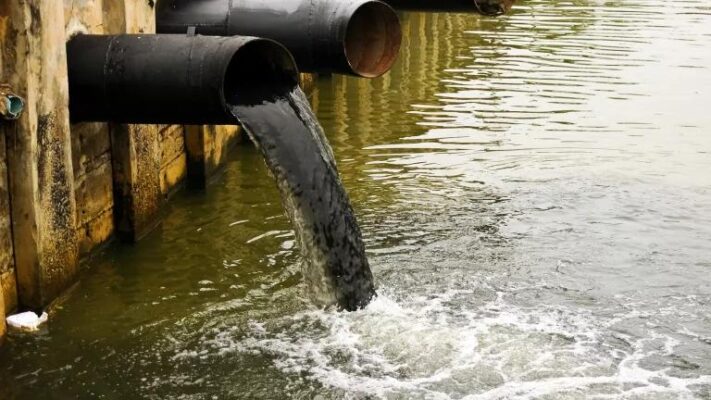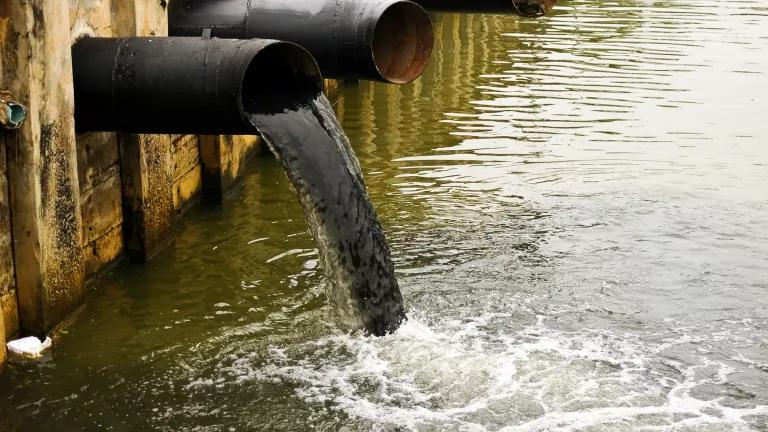A Murky Picture: Unveiling the Threat of Water Pollution
Water, the elixir of life, is increasingly becoming a victim of our own actions. The pristine lakes, vibrant rivers, and boundless oceans are succumbing to the insidious tentacles of water pollution, posing a grave threat to the very sustenance of life on Earth. This essay delves deep into the murky waters of this pressing issue, exploring its causes, consequences, and potential solutions.
The Grim Reality: Sources of Water Pollution
The sources of water pollution are as diverse as they are alarming. Industrial waste, brimming with toxic chemicals and heavy metals, finds its way into rivers and streams, wreaking havoc on aquatic ecosystems. Agricultural runoff, laced with pesticides and fertilizers, disrupts the delicate balance of nutrients in water bodies, promoting the growth of harmful algae blooms. Untreated sewage from urban areas releases pathogens and organic matter, contaminating drinking water and jeopardizing public health. Even seemingly harmless actions like littering and improper disposal of household chemicals contribute to the growing burden of pollutants in our water sources.
A Symphony of Woes: Consequences of Water Pollution
The consequences of water pollution paint a grim picture. Aquatic life bears the brunt, with fish suffering from deformities and diseases, and entire ecosystems collapsing due to oxygen depletion. Human health is not spared either, with contaminated water causing diarrheal diseases, typhoid, cholera, and even cancers. Food security is also at stake, as polluted water renders fish unfit for consumption and disrupts agricultural productivity. The economic ramifications are far-reaching, with tourism declining, fisheries collapsing, and the cost of clean water treatment skyrocketing.

Navigating the murky waters: Solutions to Water Pollution
The fight against water pollution demands a multi-pronged approach. Stricter regulations and enforcement are crucial to hold industries accountable for their waste disposal practices. Investing in wastewater treatment plants is essential to ensure proper sanitation and minimize the release of untreated sewage. Sustainable agricultural practices that minimize the use of chemicals and promote organic farming can significantly reduce agricultural runoff. Individual responsibility also plays a key role, with simple actions like conserving water, using eco-friendly products, and disposing of waste responsibly creating a collective impact.
A Collective Call to Action
Water pollution is not a mere environmental issue; it is a humanitarian crisis in the making. Addressing this challenge requires a global, unified effort. Governments, industries, individuals, and communities must come together, not just to treat the symptoms, but to address the root causes of this crisis. Through innovation, awareness, and a proactive approach, we can turn the tide against water pollution and safeguard this precious resource for generations to come.
Beyond the essay:
This essay provides a foundational understanding of water pollution, but the depth of the issue demands further exploration. I encourage you to delve deeper into specific aspects that pique your interest, such as the impact of climate change on water pollution, innovative solutions being developed around the world, or the role of citizen science in monitoring water quality. Remember, every drop counts in the fight against water pollution, and your informed actions can make a difference.

